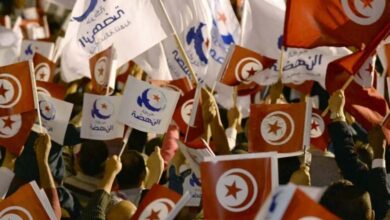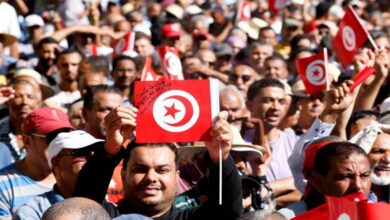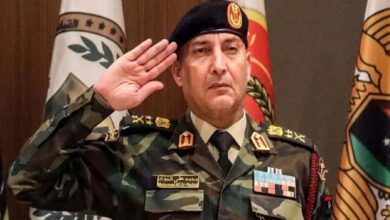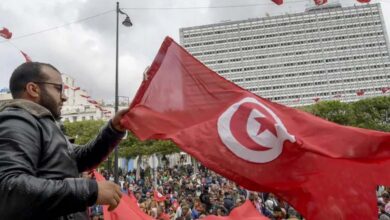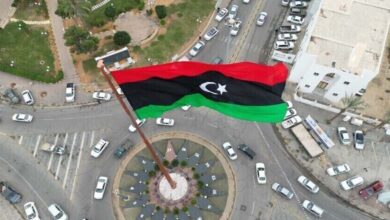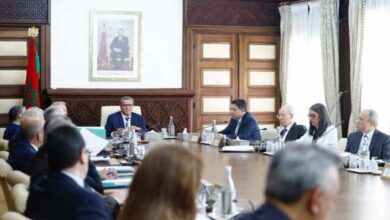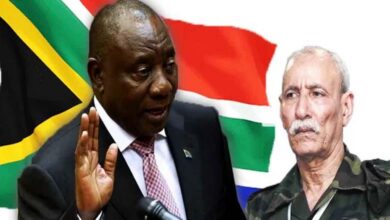The Maghreb Union tests the sincerity of Algeria’s intentions towards resolving the dispute with Morocco
The stance of the Maghreb Union on the statements of Ahmed Attaf may pose a real test for Algeria and block any misleading or deceptive practices regarding its willingness to end tension with Morocco
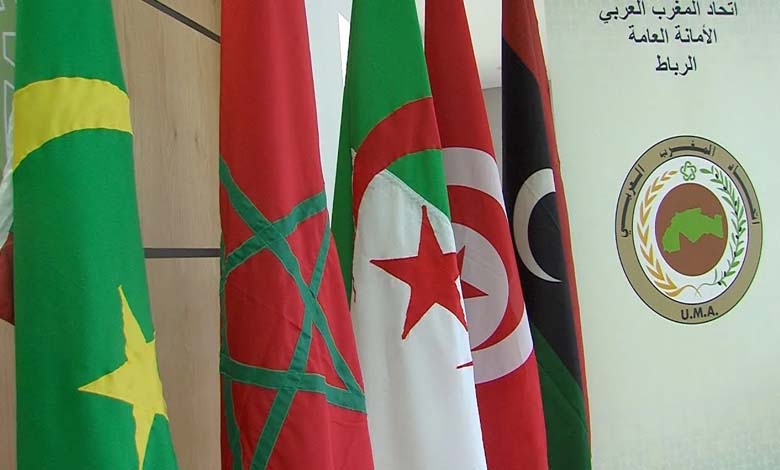
The General Secretariat of the Arab Maghreb Union welcomed the statements made by Algerian Foreign Minister Ahmed Attaf recently on the ‘Atheer’ platform affiliated with the Qatari Al Jazeera channel. In these statements, he announced his country’s readiness ‘to prepare the ground to continue Maghreb construction by accelerating the search for a solution to the dispute with Morocco that achieves brotherhood and continues to realize the Maghreb dream,’ declaring its readiness to contribute to this direction.
Attaf’s statements, in their timing and content, constitute a test for the intentions and seriousness of Algeria and its actual readiness, both in word and deed, to move forward in resolving differences with Morocco. However, in light of the contradictory official Algerian statements, the announcement by the Algerian minister seems closer to political maneuvering than a genuine desire to turn the page on tension and create a suitable framework for activating the role of the Maghreb Union.
However, the stance of the Maghreb Union on Attaf’s statements may put Algeria to a real test and block any misleading or deceptive practices. If Algeria is serious about what its foreign minister declared, it must actively engage in efforts to settle disputes with Morocco, abandon its negative positions, and relinquish policies that are hostile to the interests and sovereignty of Morocco over all its territories.
The General Secretariat said in a statement posted on its social media accounts that it listened ‘with great interest to the statements of Ahmed Attaf, the Minister of Foreign Affairs and National Community Abroad of the People’s Democratic Republic of Algeria,’ in which he expressed ‘readiness to prepare the ground to continue Maghreb construction by accelerating the search for a solution to the dispute with Morocco that achieves brotherhood and continues to realize the Maghreb dream.’
The Secretary-General of the Tunisian Union, Taieb Baccouche, stated, ‘We welcome this position and appreciate its issuance at this time when the Arab region is going through serious crises. The Arab Maghreb Union must be ready to play an effective role in safeguarding the interests of the Arab and Islamic nation and the African continent, thanks to the objective potentials it possesses, which must be employed for the noble goal that can only be achieved with a great Morocco, united, progressing steadily towards more fraternity, integration, and inclusion.’
He continued, ‘We, at the General Secretariat of the Arab Maghreb Union, are fully prepared to contribute to this noble direction, and we hope to see the three vacant positions in the General Secretariat filled by competent individuals at the level of the stage. These positions include the Director of Infrastructure, the Head of the Human Development Department, and the Infrastructure Expert, coinciding with settling the outstanding dues, thus conveying this good news to the peoples of our great Maghreb.’
Algeria has not settled its financial dues arising from its membership in the union, primarily due to its disputes with Morocco, especially regarding the Moroccan Sahara issue, which is a national constant. However, the Algerian regime continues to advocate for the separation of the Moroccan Sahara, claiming it as a matter of decolonization, and continues to escalate tension with Rabat by supporting the illegitimate entity called the ‘Arab Sahrawi Republic’ and providing political and military cover for the Polisario militias.
Tayeb Baccouche himself has faced repeated criticism from Algeria for his positions, to the extent that he was ignored when Algeria hosted the Arab-Russian Forum in Marrakech. He was not officially invited, even though his attendance, representing one of the Arab structures, is within the established protocols.
The practices of the Algerian regime also reflect its lack of seriousness, as mentioned by Ahmed Attaf. There is no indication that Algeria is ready to abandon these practices. The statements of the foreign minister almost coincide with President Abdelmadjid Tebboune’s negative speech on the Moroccan Sahara issue before the parliament.
Algeria has boycotted Arab events hosted by Morocco, including the recent Arab-Russian Forum in Marrakech and the ceremony for the distribution of the African Football Confederation (CAF) awards in the Moroccan tourist city.
A few months ago, Algeria’s representative to the United Nations marketed distortions to support the Polisario in the face of Morocco’s proposal to resolve the fabricated conflict in the Sahara, a proposal that has gained acceptance internationally.
The anti-Moroccan tone in official Algerian statements and media, both government-owned and those aligned with the authorities, persists. Algeria also leads campaigns abroad opposing the interests of the Kingdom.
The recent statements by Ahmed Attaf and President Tebboune’s use of the term ‘Maghrebi brothers’ do not deviate from the Algerian regime’s search for an outlet from international pressures, especially given the increasing international acknowledgments of the Moroccan nature of the Sahara.
These statements are also seen as mere media bubbles and speeches for media consumption to escape internal and external predicaments. The Algerian regime’s isolation has increased due to the diplomatic successes achieved by Morocco in Arab, African, and international arenas.
While adopting a less rigid rhetoric than previous official statements, observers of Maghreb affairs believe that President Tebboune’s recent statements clearly indicate the intentions of the Algerian regime. It has begun early marketing for its plans against Morocco’s interests regarding the Moroccan Sahara.
Algeria is expected to soon exploit its non-permanent seat on the UN Security Council, which it will assume next year, to revive and promote the separatist agenda of the Polisario. These are agendas that have lost momentum in recent years due to the international and regional consensus on the realistic solution of autonomy proposed by Morocco as the only solution to the manufactured conflict in the Sahara.
Many countries and the United Nations increasingly believe in the lack of seriousness of the Algerian regime in reaching a solution to end the conflict in the Sahara. Algeria has repeatedly obstructed all efforts aimed at resolving the conflict and avoided roundtable talks supported by the UN as a platform to remove existing obstacles and disagreements.
Algeria is viewed as a party to the manufactured conflict and represents part of the problem. Therefore, it is concerned, just like the Polisario and the Moroccan side, as well as Mauritania, to work on finding a solution and supporting peaceful conflict resolution efforts.





